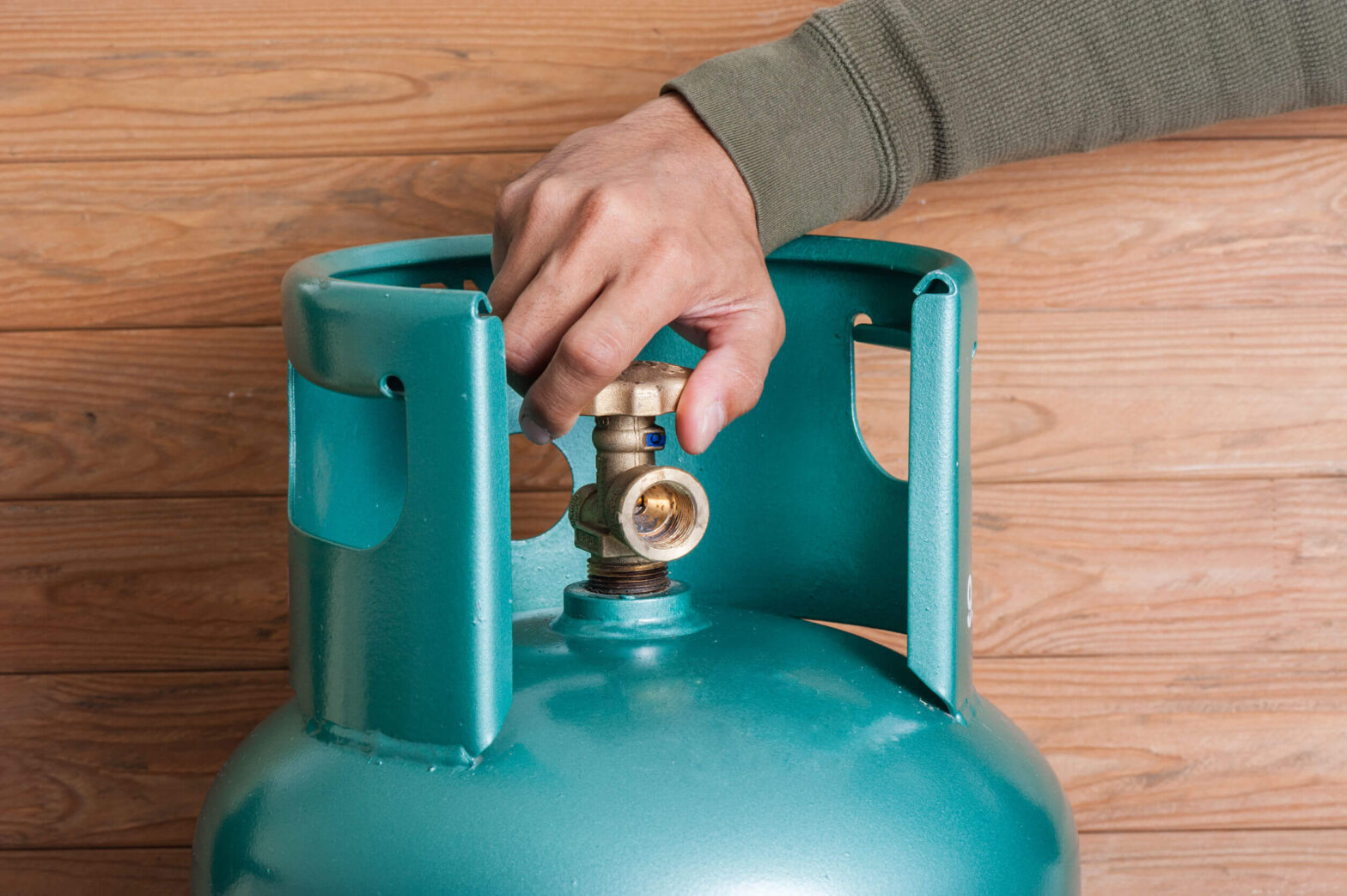Understanding Propane Gas Poisoning Risks

Propane, a colorless and odorless gas, is widely used in various applications due to its energy-efficient properties. However, it’s important to be aware of the potential health hazards it poses when inhaled or ingested.
The Risks of Propane Exposure
Inhaling or swallowing propane can be extremely harmful. Propane displaces oxygen in the lungs, which can lead to difficulty breathing or even respiratory failure.
Immediate Actions for Propane Exposure
For Inhalation:
Move the affected individual to fresh air without delay.
If symptoms do not improve quickly, seek emergency medical help.
For Skin Contact:
Immediately rinse the skin with water for at least 15 minutes to prevent irritation.
For Eye Contact:
Flush eyes with clean water immediately and continuously for 15 minutes.
If Swallowed:
Offer the person water or milk right away unless they show symptoms that make swallowing difficult, such as vomiting or seizures.
Do not induce vomiting unless directed by medical professionals.
Emergency Response Information
Before you call for emergency assistance, gather the following information if possible:
• The person’s age, weight, and general health.
• Details of the product involved.
• The time and amount of substance involved.
However, do not delay calling for emergency help if this information is not immediately available.
Contact Poison Control
Dial the national toll-free Poison Help hotline (1-800-222-1222) available across the United States.
This service provides expert advice and is available 24/7.
Expected Medical Intervention
At the emergency room, treatment may include:
• Support for breathing, possibly with oxygen or mechanical ventilation.
• Blood and urine tests to assess the extent of poisoning.
• Possible use of medications to alleviate symptoms.
Importance of Prompt Medical Attention
The prognosis after propane exposure largely depends on how quickly and effectively the patient receives medical treatment. Immediate care is crucial and can significantly improve the outcome. Prolonged exposure can lead to severe health issues, including stroke, coma, or even death.
Implications for Propane Businesses
This information is vital for businesses involved with propane. Understanding the risks and appropriate responses not only enhances safety protocols but also equips businesses to handle emergencies effectively. Training employees on these safety measures can prevent accidents, ensuring a safer working environment and maintaining the company’s reputation as a responsible entity.
By fostering a culture of safety and preparedness, propane businesses can mitigate risks and protect both their employees and customers, ultimately supporting the business’s long-term success.
















